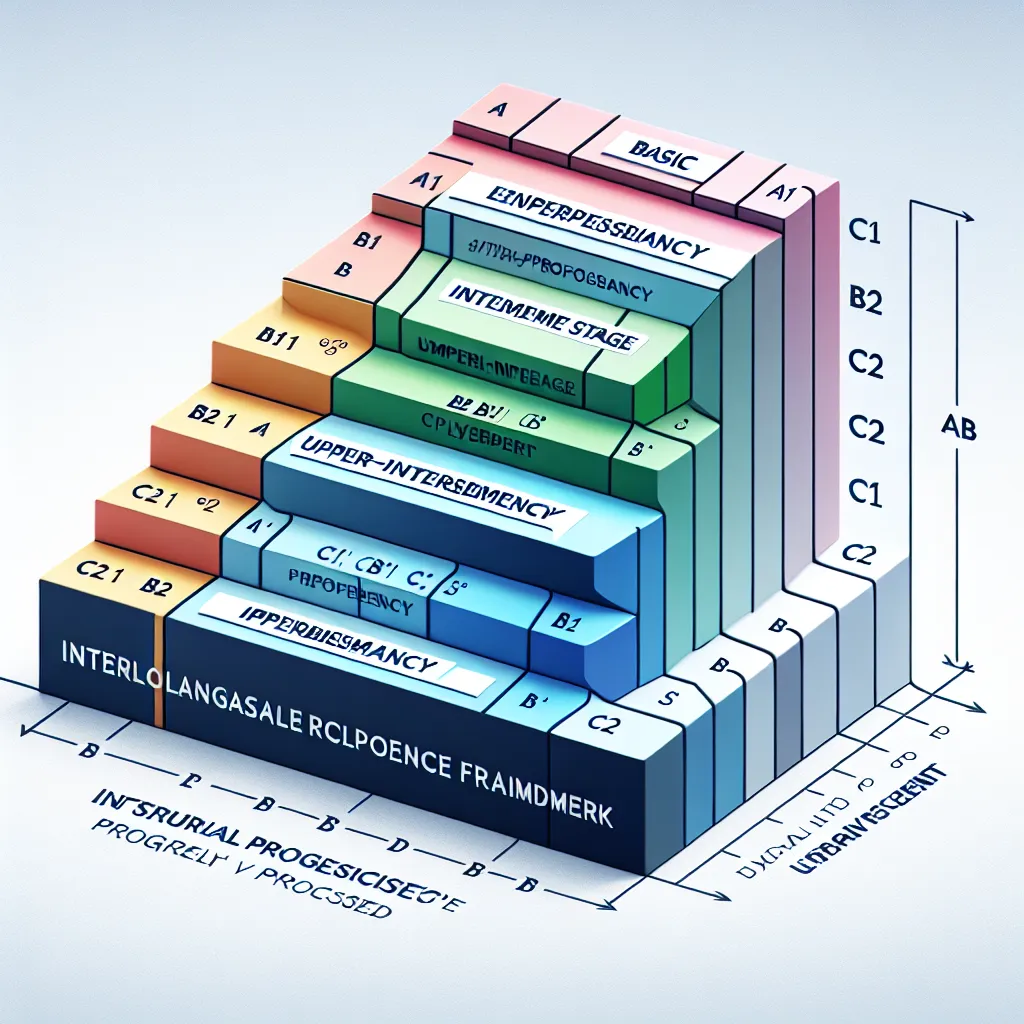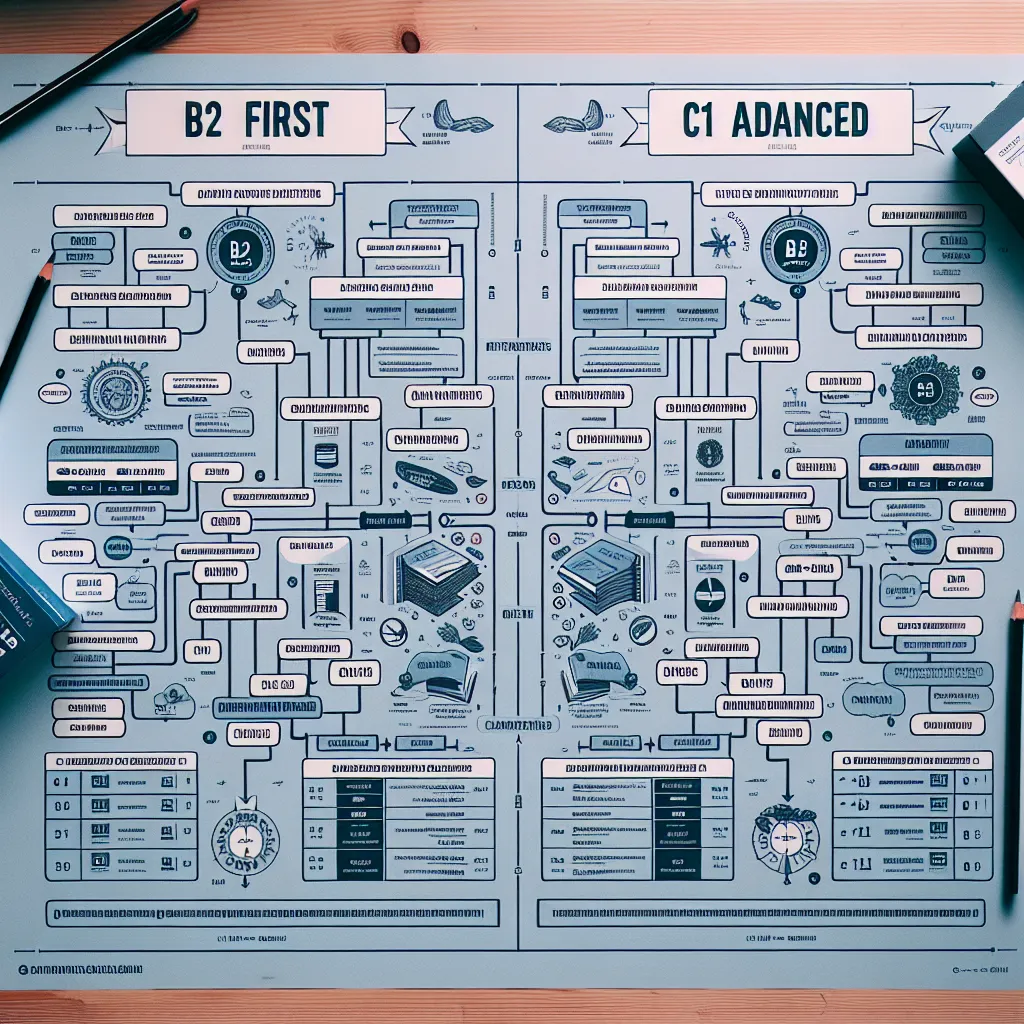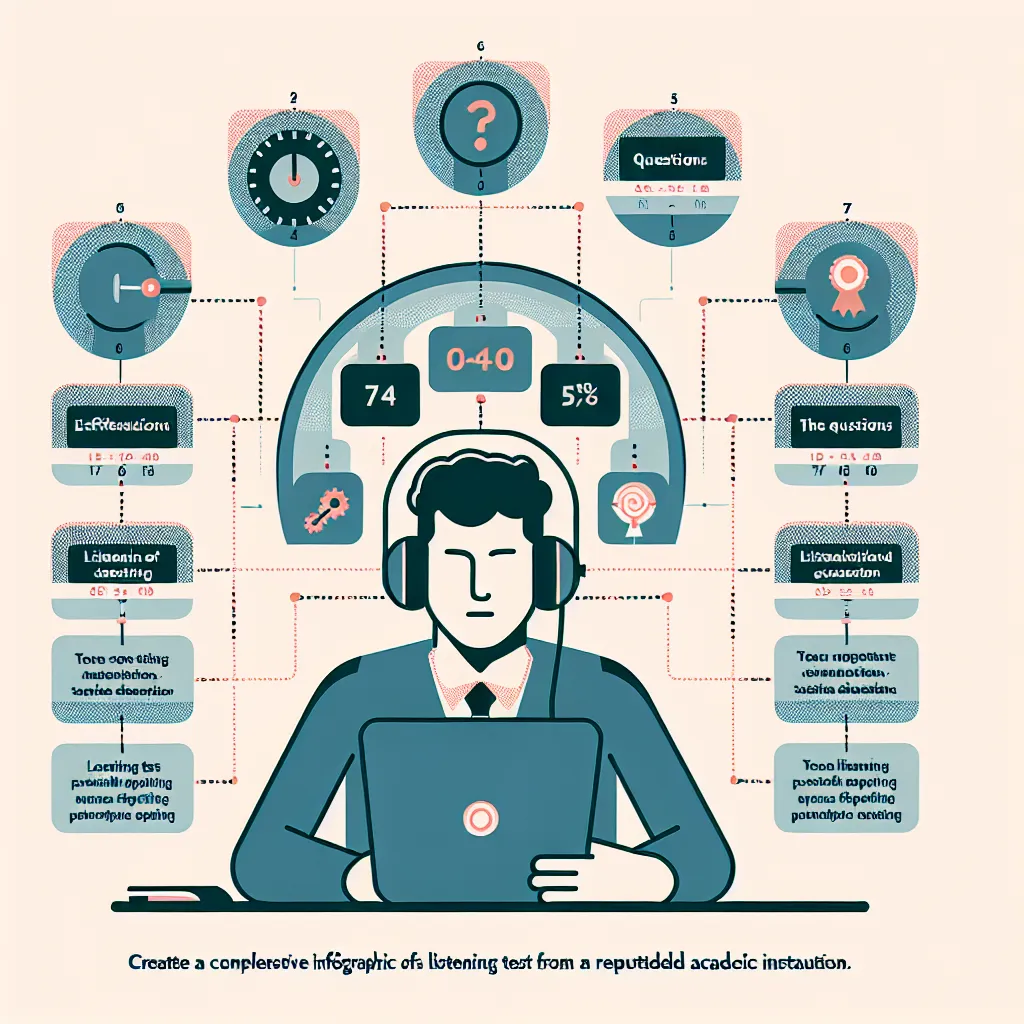Are you considering taking a Cambridge English exam but unsure which level to choose? Understanding the differences between Cambridge B2 First (formerly known as FCE) and C1 Advanced (formerly known as CAE) is crucial for selecting the right test for your language proficiency. In this comprehensive guide, we’ll explore the key distinctions between these two popular exams, helping you make an informed decision about which one best suits your needs and abilities.
Understanding the Cambridge English Qualification Framework
Before diving into the specifics of B2 First and C1 Advanced, it’s essential to understand where these exams fit within the Cambridge English Qualification Framework. This framework aligns with the Common European Framework of Reference for Languages (CEFR), providing a standardized measure of language proficiency.
The CEFR Levels
The CEFR divides language proficiency into six levels:
- A1 (Beginner)
- A2 (Elementary)
- B1 (Intermediate)
- B2 (Upper Intermediate)
- C1 (Advanced)
- C2 (Proficiency)
B2 First corresponds to the B2 level, while C1 Advanced aligns with the C1 level on this scale.
 Cambridge English Qualification Framework
Cambridge English Qualification Framework
Key Differences Between B2 First and C1 Advanced
Let’s explore the main differences between these two exams in various aspects:
1. Language Proficiency Level
- B2 First: Targets upper-intermediate level English users who can use everyday written and spoken English for work or study purposes.
- C1 Advanced: Aimed at advanced English users who can use complex language in social, academic, and professional situations.
2. Exam Format and Content
Both exams consist of four papers: Reading and Use of English, Writing, Listening, and Speaking. However, the complexity and expectations differ:
Reading and Use of English
- B2 First: 7 parts, 52 questions, 1 hour 15 minutes
- C1 Advanced: 8 parts, 56 questions, 1 hour 30 minutes
The C1 Advanced exam includes more complex texts and a wider range of vocabulary and grammatical structures.
Writing
- B2 First: 2 parts, 1 hour 20 minutes
- C1 Advanced: 2 parts, 1 hour 30 minutes
C1 Advanced requires more sophisticated writing skills, including the ability to develop complex arguments and use appropriate style.
Listening
- B2 First: 4 parts, 30 minutes
- C1 Advanced: 4 parts, 40 minutes
C1 Advanced features more challenging listening tasks with longer texts and more subtle opinions and attitudes.
Speaking
- B2 First: 4 parts, 14 minutes
- C1 Advanced: 4 parts, 15 minutes
While the format is similar, C1 Advanced expects a higher level of fluency, vocabulary range, and the ability to discuss abstract concepts.
3. Vocabulary and Grammar Expectations
- B2 First: Requires a good range of vocabulary related to familiar topics and the ability to use various grammatical structures accurately.
- C1 Advanced: Expects a broad vocabulary including idiomatic expressions and the ability to use complex grammatical structures with ease.
4. Target Audience and Use
- B2 First: Often used for work or study purposes where an upper-intermediate level of English is required.
- C1 Advanced: Recognized by universities, employers, and governments worldwide as proof of high-level achievement in learning English.
 B2 First vs C1 Advanced Comparison
B2 First vs C1 Advanced Comparison
Choosing Between B2 First and C1 Advanced
When deciding which exam to take, consider the following factors:
- Current English Level: Take a practice test for both exams to assess where you stand.
- Future Goals: Consider your academic or career aspirations and which qualification they require.
- Time and Preparation: C1 Advanced typically requires more intensive preparation.
- Confidence: Choose the level where you feel you can perform your best under exam conditions.
Tips for Making Your Decision
- Consult with a Teacher: An experienced English teacher can help assess your current level and recommend the appropriate exam.
- Try Sample Papers: Attempt sample papers from both exams to gauge your comfort level with each.
- Consider Your Timeline: If you’re not ready for C1 Advanced, starting with B2 First can be a good stepping stone.
- Research Requirements: Check if your target university or employer specifically requires one of these qualifications.
Preparing for Your Chosen Exam
Once you’ve decided which exam to take, it’s time to prepare effectively:
- Use Official Cambridge Resources: Invest in official preparation materials for authentic practice.
- Focus on Weak Areas: Identify your weaknesses and dedicate extra time to improving them.
- Practice Regularly: Consistent practice across all skills (reading, writing, listening, speaking) is key.
- Familiarize Yourself with the Format: Understanding the exam structure will boost your confidence on test day.
- Enhance Your Vocabulary: Build your vocabulary, focusing on the level appropriate for your chosen exam.
Learn more about effective study strategies for Cambridge exams
Conclusion
Understanding the differences between Cambridge B2 First and C1 Advanced is crucial for choosing the right exam for your English proficiency level and goals. While B2 First is suitable for upper-intermediate learners and many work or study situations, C1 Advanced demonstrates a higher level of language mastery and is often preferred for more demanding academic or professional contexts.
Remember, both exams are valuable qualifications that can open doors to various opportunities. The key is to choose the one that best reflects your current abilities and aligns with your future aspirations. Whichever exam you choose, dedicated preparation and practice will be essential for success.
Are you preparing for a Cambridge exam? Share your experiences or questions in the comments below, and don’t forget to check out our other articles on Cambridge exam preparation tips for more valuable insights!




